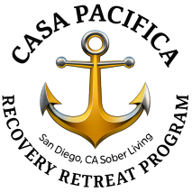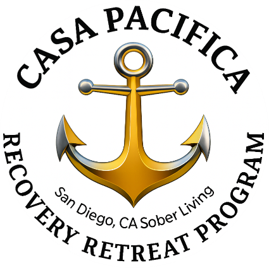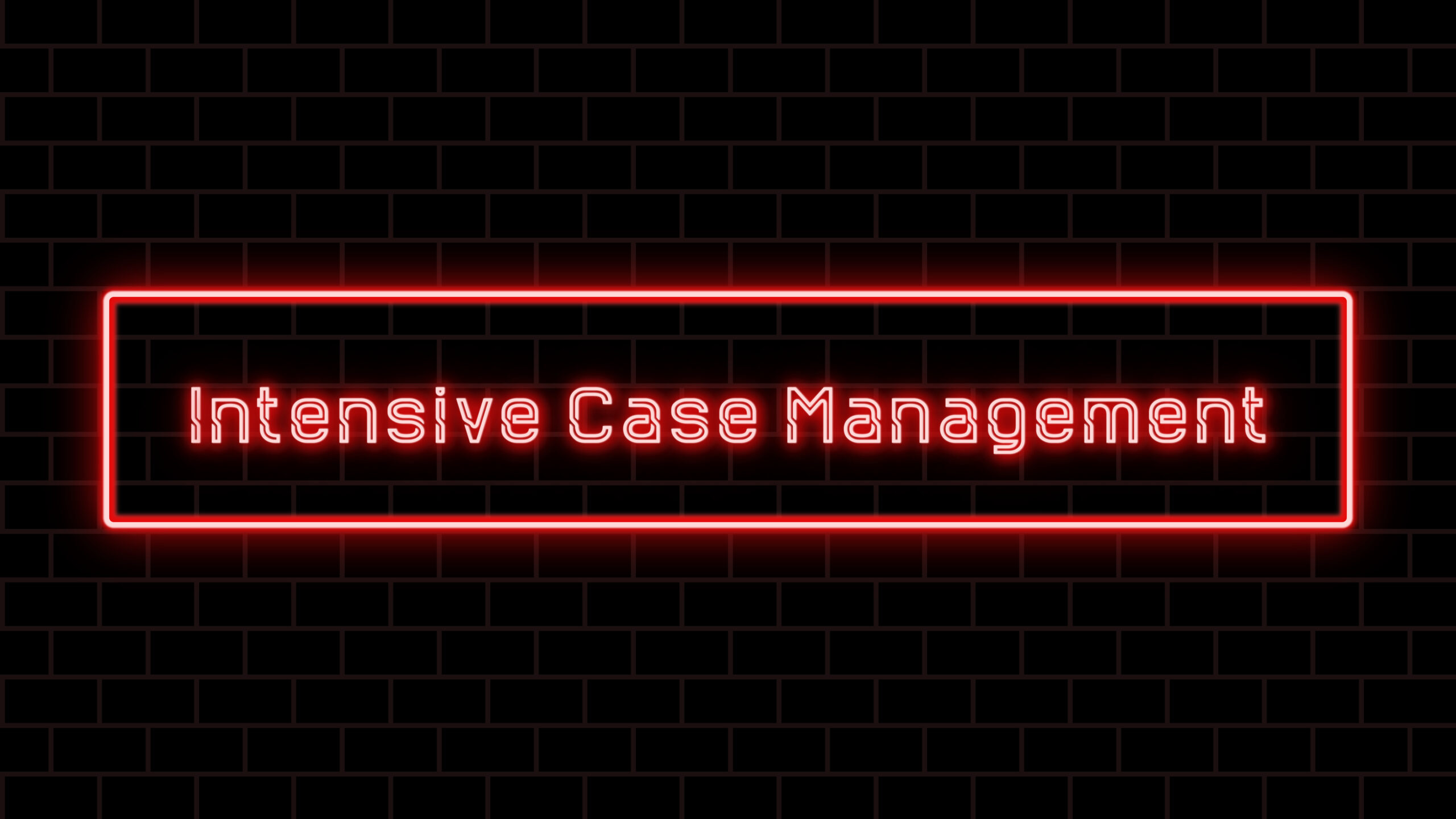How Intensive Case Management Supports Long-Term Addiction Recovery
Table of Content
Case management has been an important aspect of addiction recovery since the early 20th century. Essentially, it refers to the strategy of delivering treatment services based on the specific needs of patients. It’s often applied to the treatment of substance abuse and chemical dependence because such conditions often require complex support. Clinical case management began in the early 20th century with the Visiting Nurse Service of New York. These days, it extends to four heuristic models: generalist, brokerage, strengths-based, and intensive. Patients who enter recovery through an intensive case management strategy generally have more contact with managers and other professionals.
Why Case Management Is Perfect for Addiction Recovery
Many public health regulators and medical administrators think case management is one of the most efficient standards of care. Health systems are rarely monolithic. They’re fragmented into resources that include medical specialties, settings, levels of care, and services. Let’s say a treatment plan for alcohol use disorder (AUD) treatment includes detoxification, rehabilitation, and staying at a facility like an Encinitas sober living home before transitioning to outpatient counseling. With case management, patients get a central point of contact who will ensure they can access all resources effectively.
Understanding Intensive Case Management
As mentioned above, intensive case management (ICM) is characterized by more contact between patients and managers. It begins with an assessment followed by planning and engagement. Then treatment, coordination, and monitoring are established along with peer support. Before patients transition back to their families and communities, they go through relapse prevention and crisis handling. Patients are formally discharged or referred to outside counseling resources before ICM ends. Contact levels are more frequent during the initial stages. However, case managers are always prepared to increase communication at any point.
Proactive and Consistent Engagement
Many patients who recover from AUD through ICM strategies fondly remember their interactions with managers. ICM features lower caseload ratios because managers must dedicate more individual time and attention to each patient. In-person meetings are preferred from the intake stages through the residential and transitional phases. Afterward, they can be switched to phone calls, internet messaging, or video conferencing. Proactive engagement means managers are constantly monitoring progress and getting feedback from patients. For example, AUD patients who get overly anxious after a lapse episode typically spend more time with their managers until the crisis passes.
ICM Outreach and Coordination
Another reason ICM is a suitable strategy for addiction recovery is because it allows integration across various “life domains.” Many patients need treatment and support with clinical, mental health, family, and employment issues. These patients need the coordination aspect of ICM to complete their recovery journeys. The managers act as central points of coordination to ensure communication and collaboration among the various resources. Patients need this coordination when dealing with medical, mental health, family, legal, and community issues. When healthcare providers and social workers coordinate with case managers, they get a better understanding of what their patients and clients need during their recovery journeys.
Addiction impacts every aspect of physical and mental health, and it’s a serious problem that requires professional treatment. If you or someone you love is addicted to drugs or alcohol, seek help from a medical professional or another person you trust to help you explore options for treatment and continuing support, such as a sober coach. Encinitas men who need help with forming new sober lifestyle habits can reach out to the dedicated team at Casa Pacifica Sober Living for the guidance they need. Give us a call today to learn how we can help.









